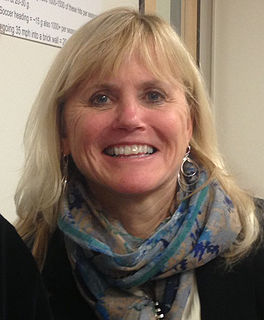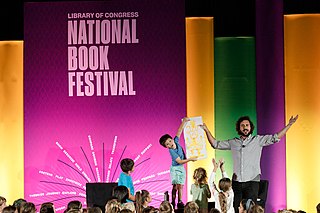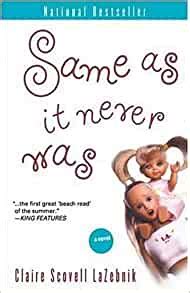A Quote by Cynthia Voigt
Kids are really tougher than adults, but we tend to forget this in an affluent society that lets kids indulge themselves.
Related Quotes
The StarTalks - while kids can watch them, they're actually targeted at adults. Because adults outnumber kids five to one, and adults vote, and adults wield resources, and adults are heads of agencies. So if we're going to affect policy, or affect attitudes, for me, the adults have always been the target population.
Generally I find that kids ask better questions than you get with adults. Something that kids will do a lot is, they're so nervous, and they're not really paying attention, so they'll ask the same question someone just asked. And you're trying to be nice and not embarrass them any more than they are already.
[E]verywhere I'm looking at kids, adults mostly don't seem to like them, not even the parents do. They call the kids gorgeous and so cute, they make the kids do the thing all over again so they can take a photo, but they don't want to actually play with them, they'd rather drink coffee talking to other adults. Sometimes there's a small kid crying and the Ma of it doesn't even hear.




































